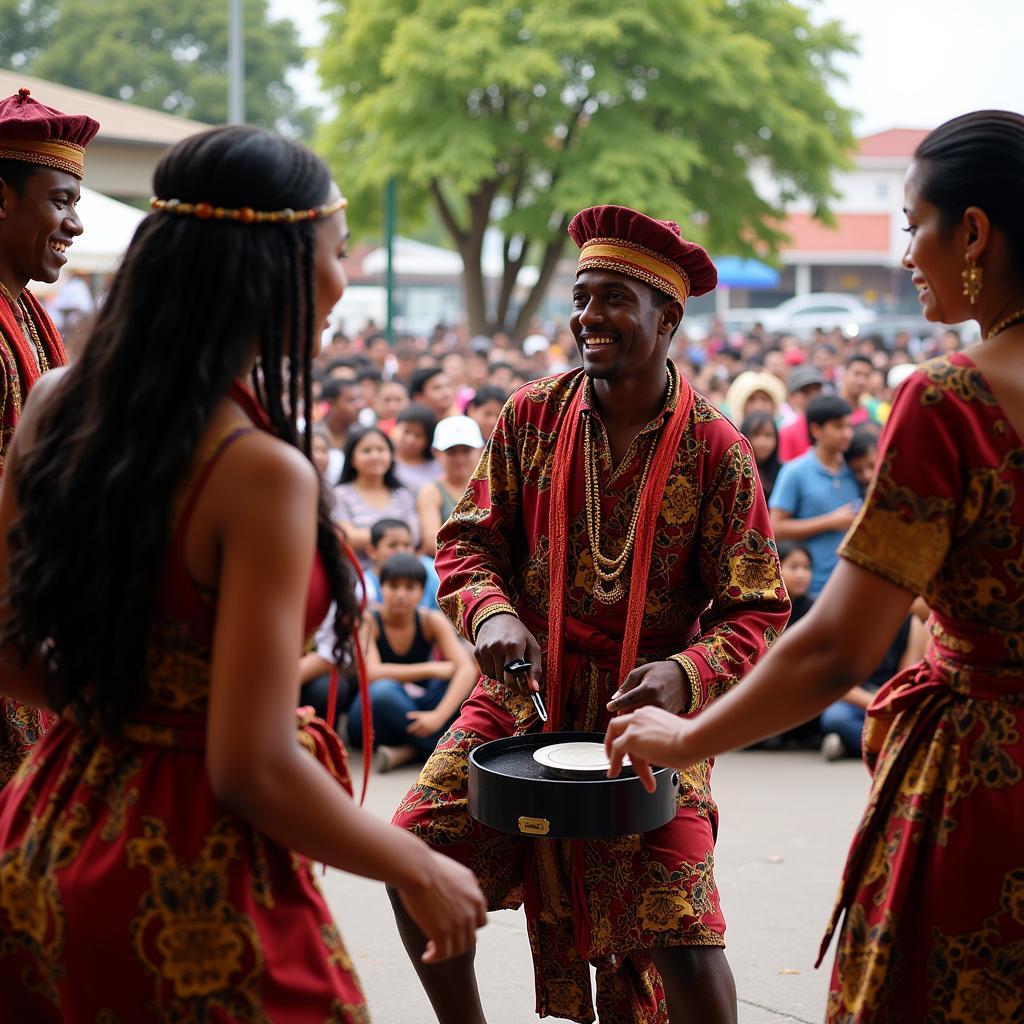African Countries Nicknames: A Guide to Understanding the Continent’s Colorful Identity
Africa is a continent of diverse cultures, languages, and landscapes. Its richness is reflected in the unique nicknames given to its countries, offering a glimpse into their history, traditions, and national pride. This guide explores the fascinating world of African country nicknames, unveiling the stories behind these colorful monikers.
Exploring the World of African Nicknames
Nicknames are more than just playful monikers. They often encapsulate the essence of a country’s identity, reflecting its historical significance, geographical features, or cultural values. These names provide a window into the soul of a nation, revealing a deeper understanding of its people and their heritage.
Why Do African Countries Have Nicknames?
African countries have nicknames for a multitude of reasons:
-
Historical Significance: Nicknames often stem from historical events or important figures associated with a particular country. For example, “The Lion of Judah”, a nickname for Ethiopia, symbolizes its ancient history and the legendary lion that is part of its flag and national identity.
-
Geographical Features: A country’s landscape or natural resources might inspire a nickname. “The Pearl of Africa”, often used for Uganda, reflects its breathtaking beauty and natural wonders, including the source of the Nile River.
-
Cultural Values: Nicknames can also reflect a country’s cultural values, traditions, or beliefs. “The Land of the Rising Sun”, a nickname for Ghana, evokes its vibrant culture, rich heritage, and the warmth of its people.
-
National Pride: Nicknames can also be a source of national pride, highlighting a country’s achievements or strengths. “The Indomitable Lions”, a nickname for Cameroon’s football team, showcases the country’s prowess in the sport and the determination of its people.
A Journey Through Africa’s Nicknames
Let’s embark on a journey through the continent, exploring the nicknames of various African countries and the stories behind them:
East Africa
-
Ethiopia:
- “The Lion of Judah”: This nickname represents Ethiopia’s long and rich history, stemming from the biblical association of the lion with King Solomon’s dynasty, which is deeply rooted in Ethiopian culture.
- “The Land of 13 Months”: This nickname reflects Ethiopia’s unique calendar system, which incorporates an extra month, called Pagumen, to accommodate the 365 days of the year.
- “Abyssinia”: This historical name, now largely replaced by Ethiopia, signifies the country’s ancient kingdom and its historical role in the region.
-
Kenya:
- “The Cradle of Humanity”: This nickname acknowledges the significant archaeological discoveries in Kenya, which provide evidence for the origins of humankind.
- “The Land of a Thousand Hills”: Kenya’s diverse landscape, featuring numerous rolling hills, has earned it this poetic nickname.
-
Tanzania:
- “The Land of Kilimanjaro”: Tanzania is home to Mount Kilimanjaro, Africa’s highest peak, giving rise to this nickname.
West Africa
-
Ghana:
- “The Land of the Rising Sun”: This nickname symbolizes Ghana’s vibrant culture, rich heritage, and the warmth of its people.
- “The Gold Coast”: A historical nickname reflecting Ghana’s rich gold reserves during colonial times.
-
Nigeria:
- “The Giant of Africa”: Nigeria is the most populous country in Africa, giving rise to this nickname.
- “The Heart of Africa”: This nickname signifies Nigeria’s central location and its crucial role in the African continent.
-
Senegal:
- “The Land of Teranga”: This nickname, meaning “welcome” or “hospitality” in Wolof, signifies Senegal’s welcoming culture and its strong emphasis on hospitality.
Central Africa
-
Cameroon:
- “The Indomitable Lions”: A nickname for Cameroon’s national football team, reflecting their tenacious spirit and impressive footballing achievements.
-
Democratic Republic of Congo:
- “The Heart of Darkness”: A nickname coined by Joseph Conrad, a writer who explored the Congo River basin in the late 19th century, highlighting the region’s mysteries and complex history.
- “The Land of Mountains and Volcanoes”: A nickname reflecting the DRC’s diverse landscape, featuring volcanic mountains and lush forests.
Southern Africa
-
South Africa:
- “The Rainbow Nation”: This nickname signifies South Africa’s cultural diversity, reflecting the peaceful coexistence of different ethnic groups.
- “The Land of Gold”: This nickname acknowledges South Africa’s rich mining history, particularly its gold deposits.
-
Botswana:
- “The Jewel of Africa”: This nickname reflects Botswana’s natural beauty, diverse wildlife, and well-preserved wilderness areas.
-
Namibia:
- “The Land of the Brave”: This nickname underscores Namibia’s history of resilience and resistance against colonial powers.
North Africa
-
Egypt:
- “The Gift of the Nile”: This nickname recognizes the vital role of the Nile River in sustaining Egypt’s civilization and its culture.
- “The Land of Pharaohs”: This nickname highlights Egypt’s ancient civilization and its renowned pharaohs.
-
Morocco:
- “The Land of the Sun”: Morocco’s sunny climate and vibrant culture have earned it this nickname.
The Importance of Understanding African Nicknames
Understanding the nicknames of African countries provides valuable insight into the continent’s diverse cultures and histories. These names offer a unique window into the soul of each nation, revealing their stories, traditions, and aspirations.
“Nicknames are a testament to the vibrancy and diversity of African cultures,” says Dr. Amani Mbogo, a renowned historian and cultural expert from Tanzania. “They reveal the stories, values, and identities that make Africa a truly unique and captivating continent.”
Conclusion
The nicknames of African countries are much more than just playful monikers. They encapsulate the essence of each nation’s history, landscape, and cultural identity. By understanding these names, we gain a deeper appreciation for the continent’s rich tapestry of cultures and the diverse stories that make Africa a truly fascinating and unique place.

